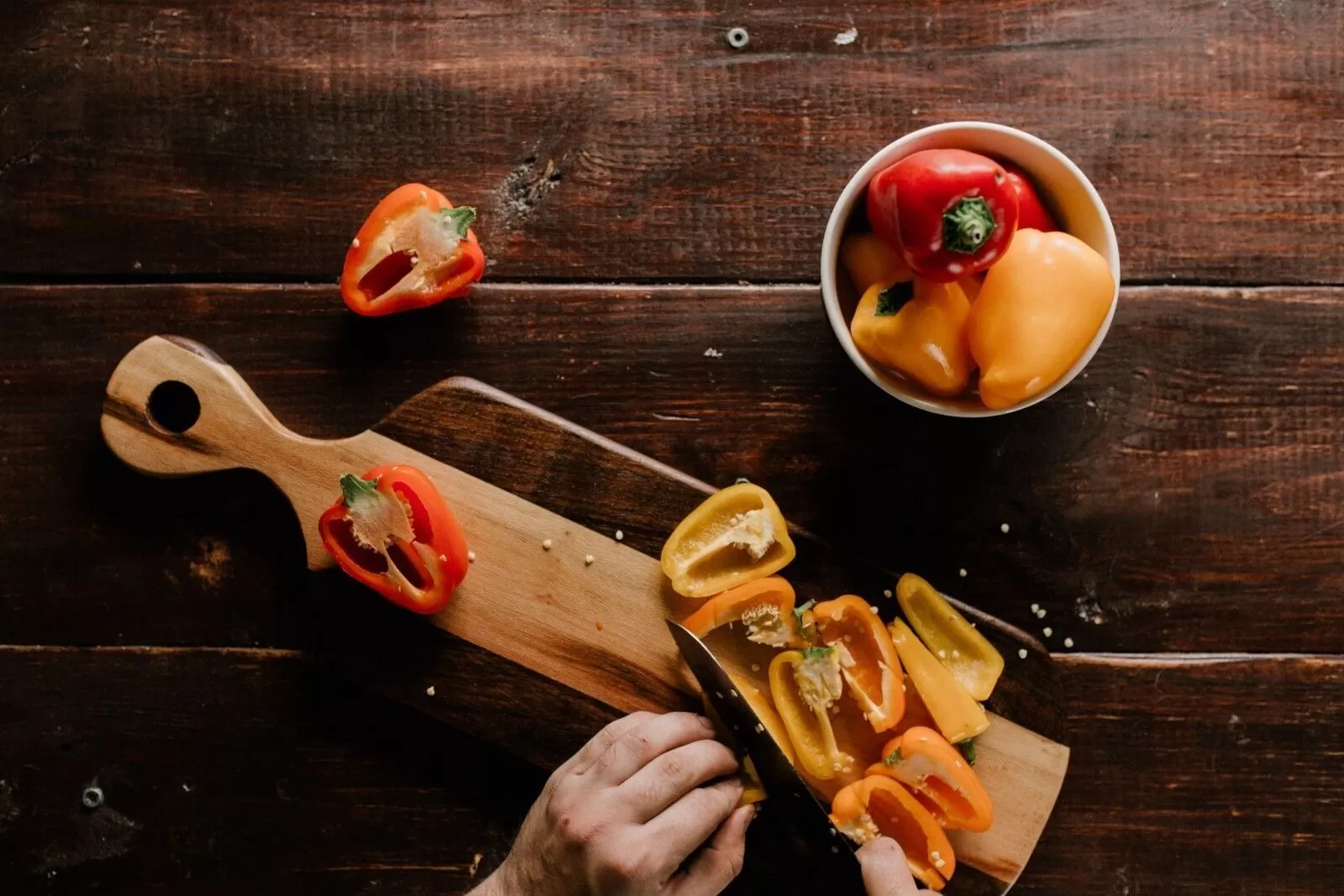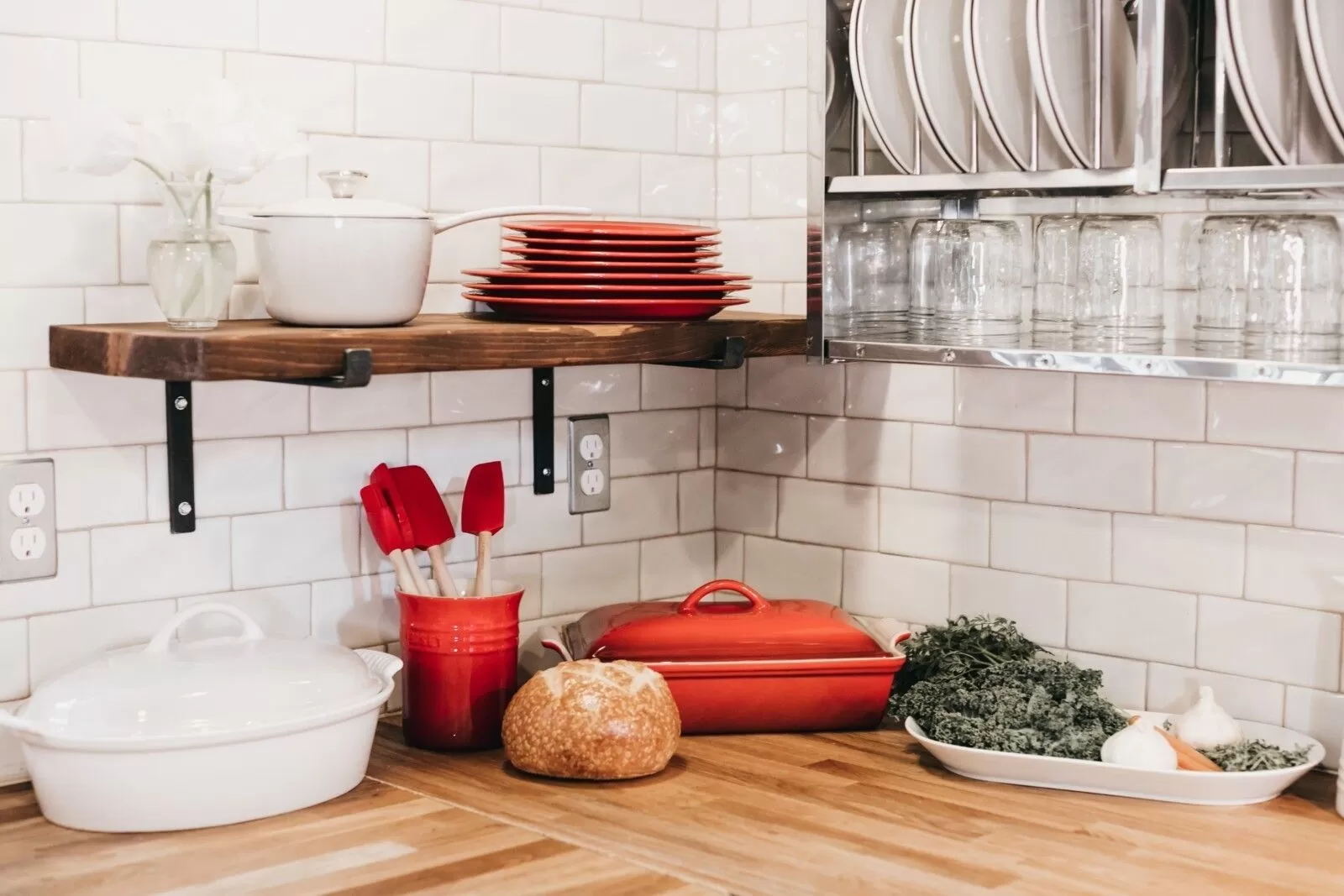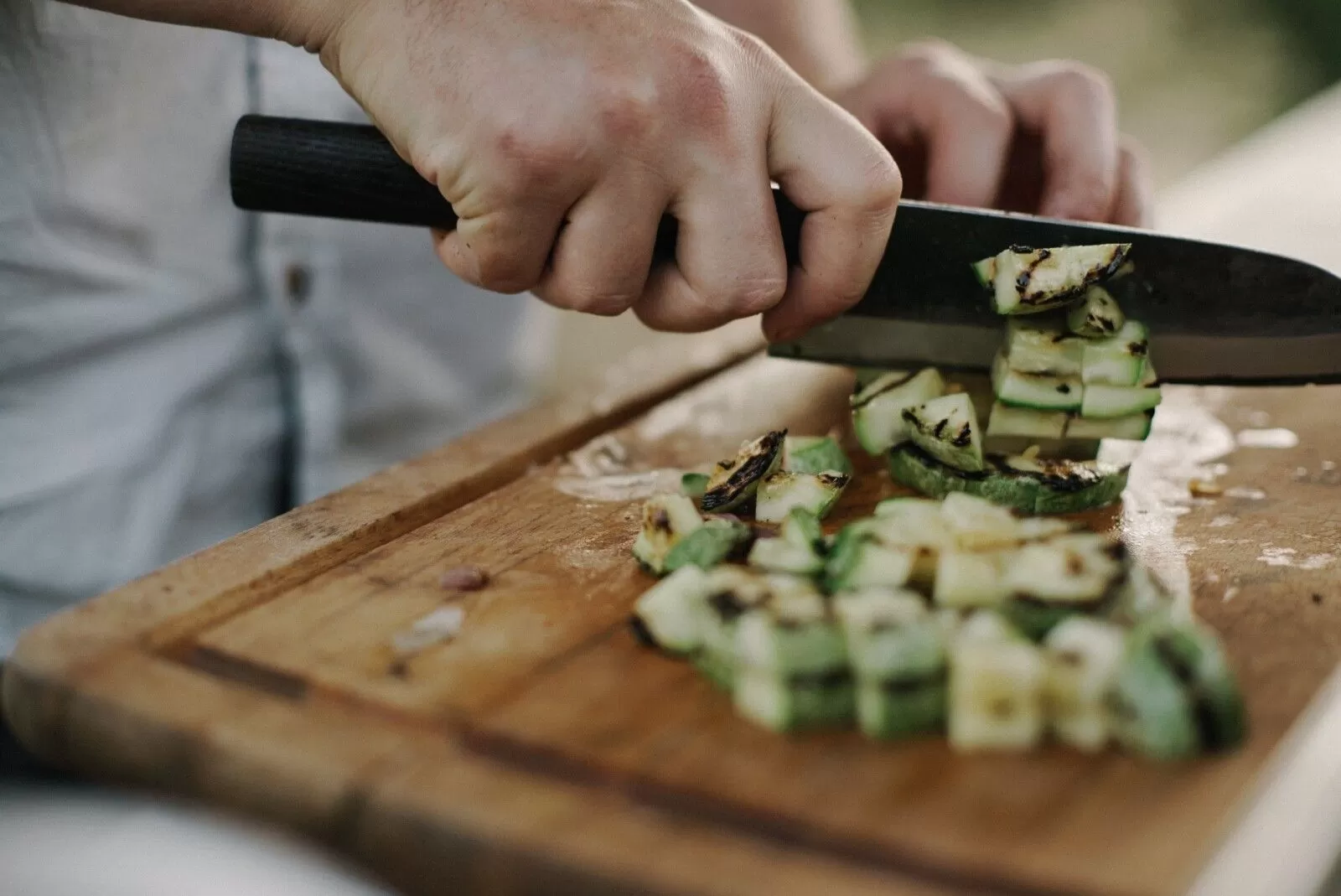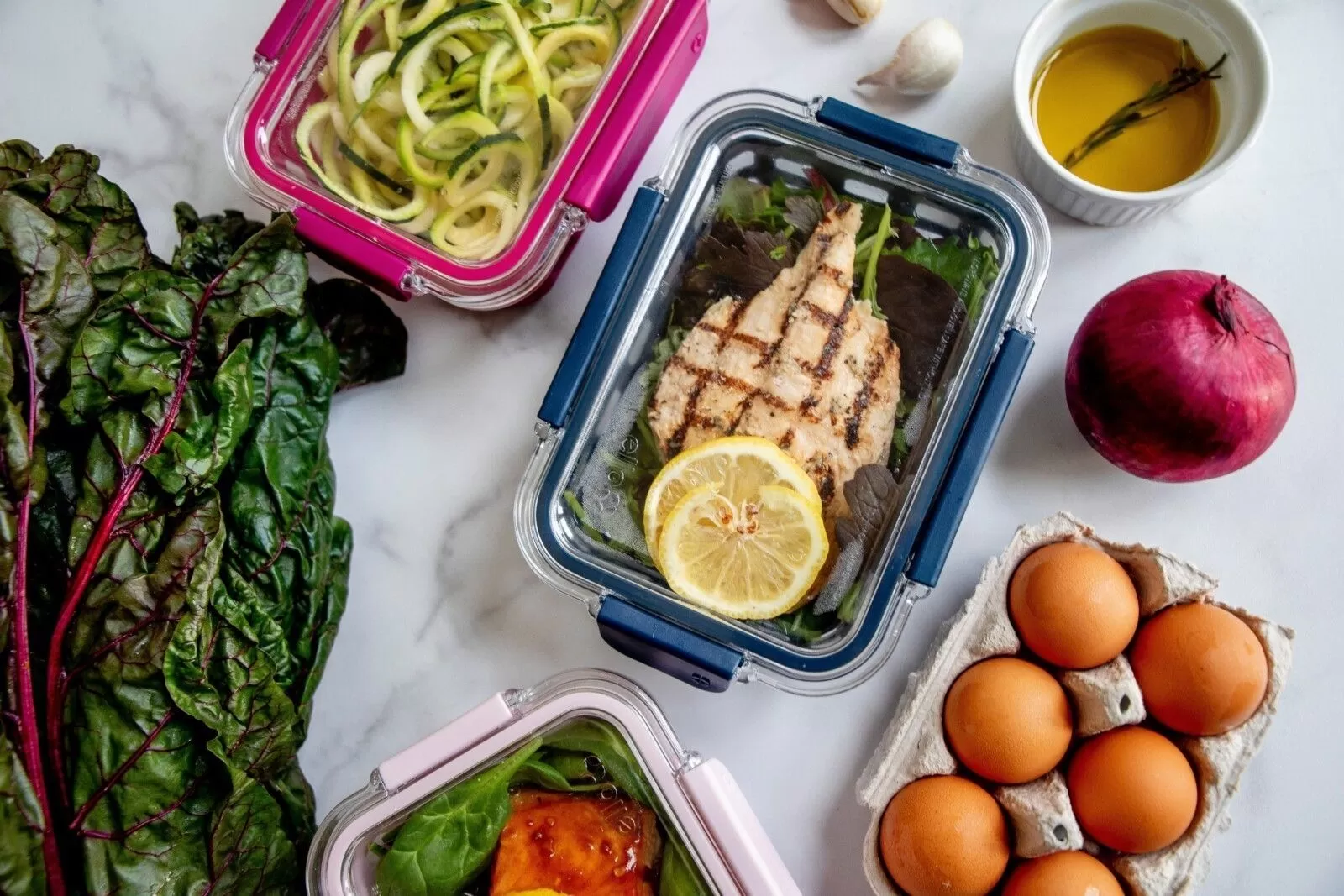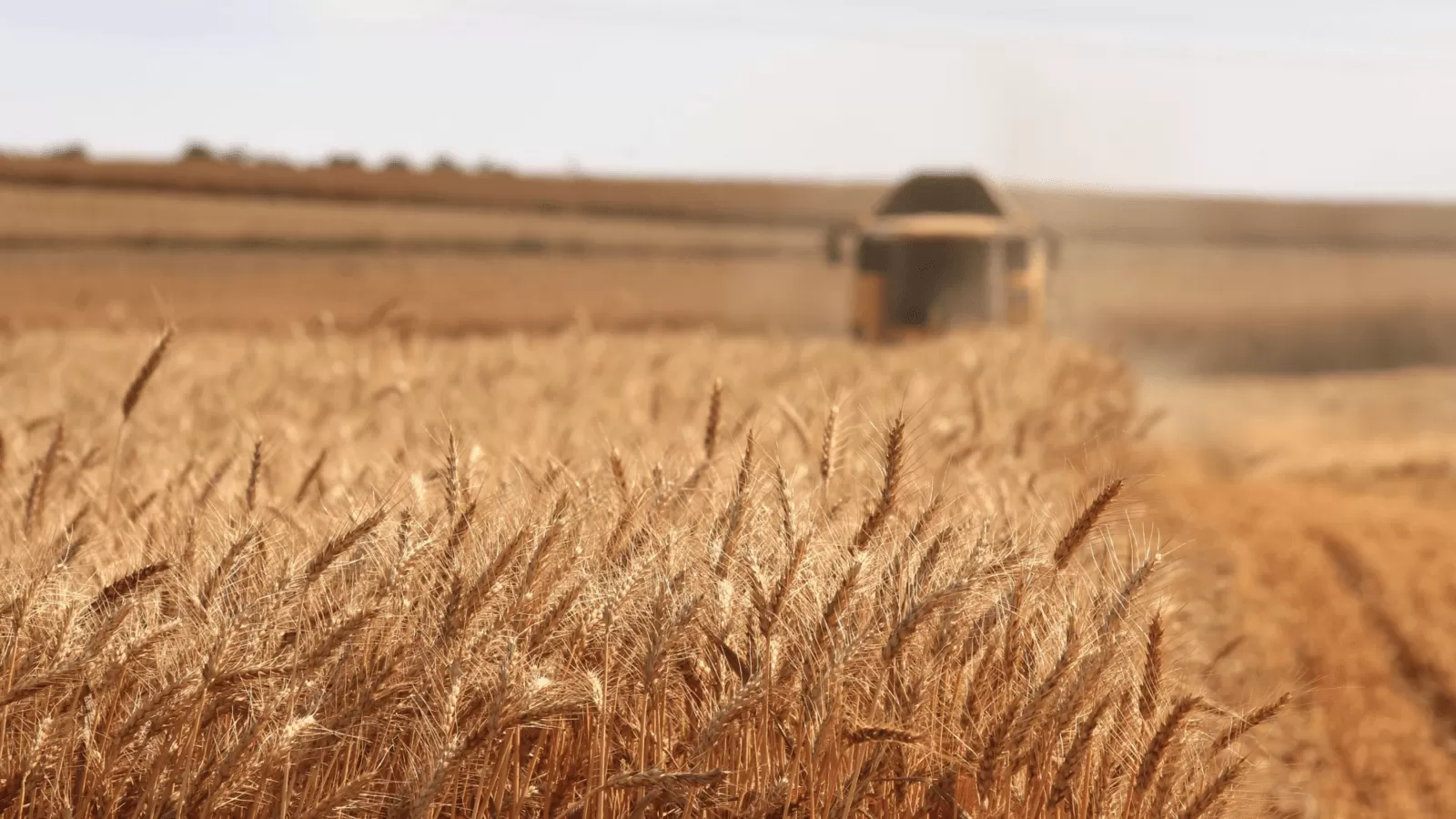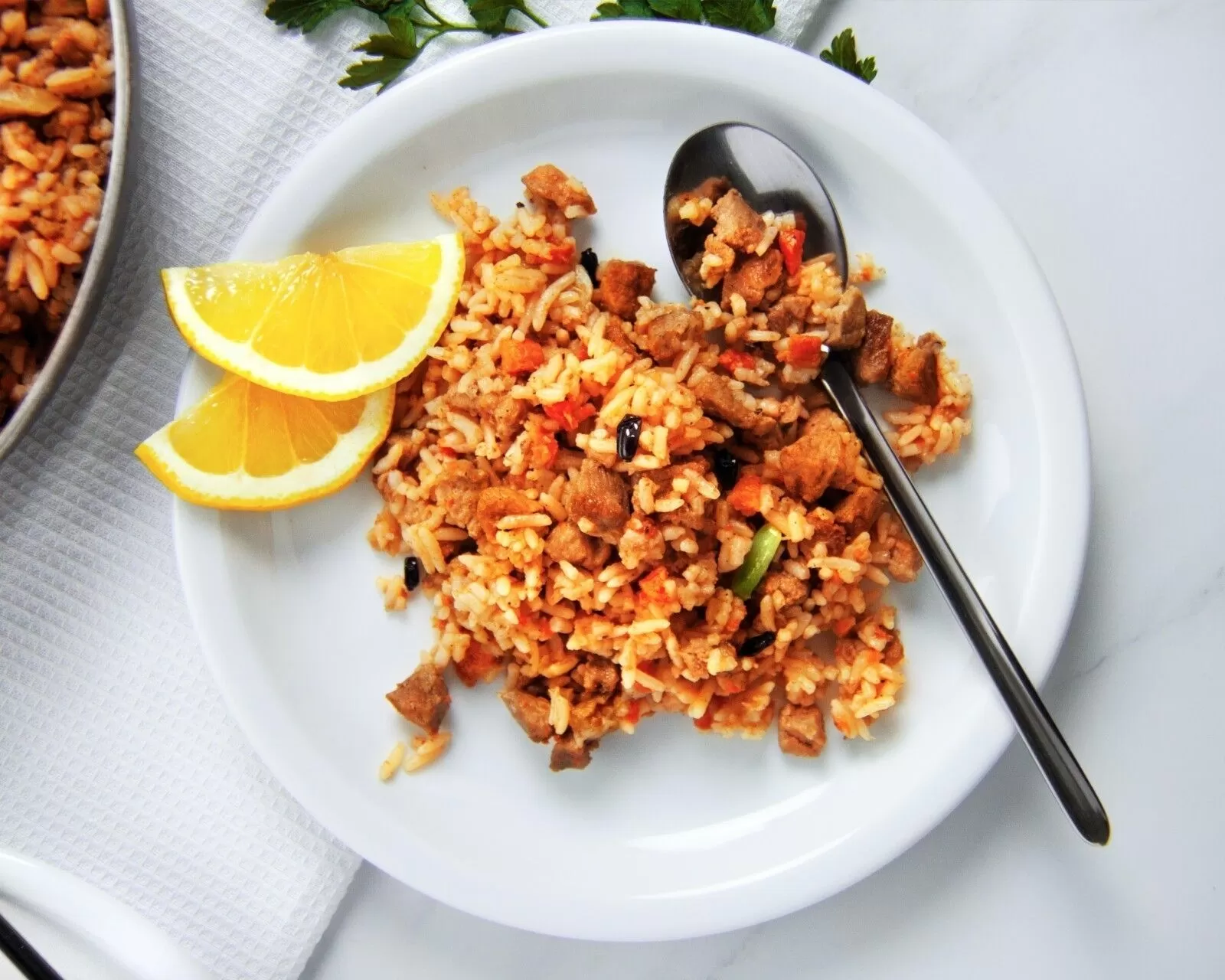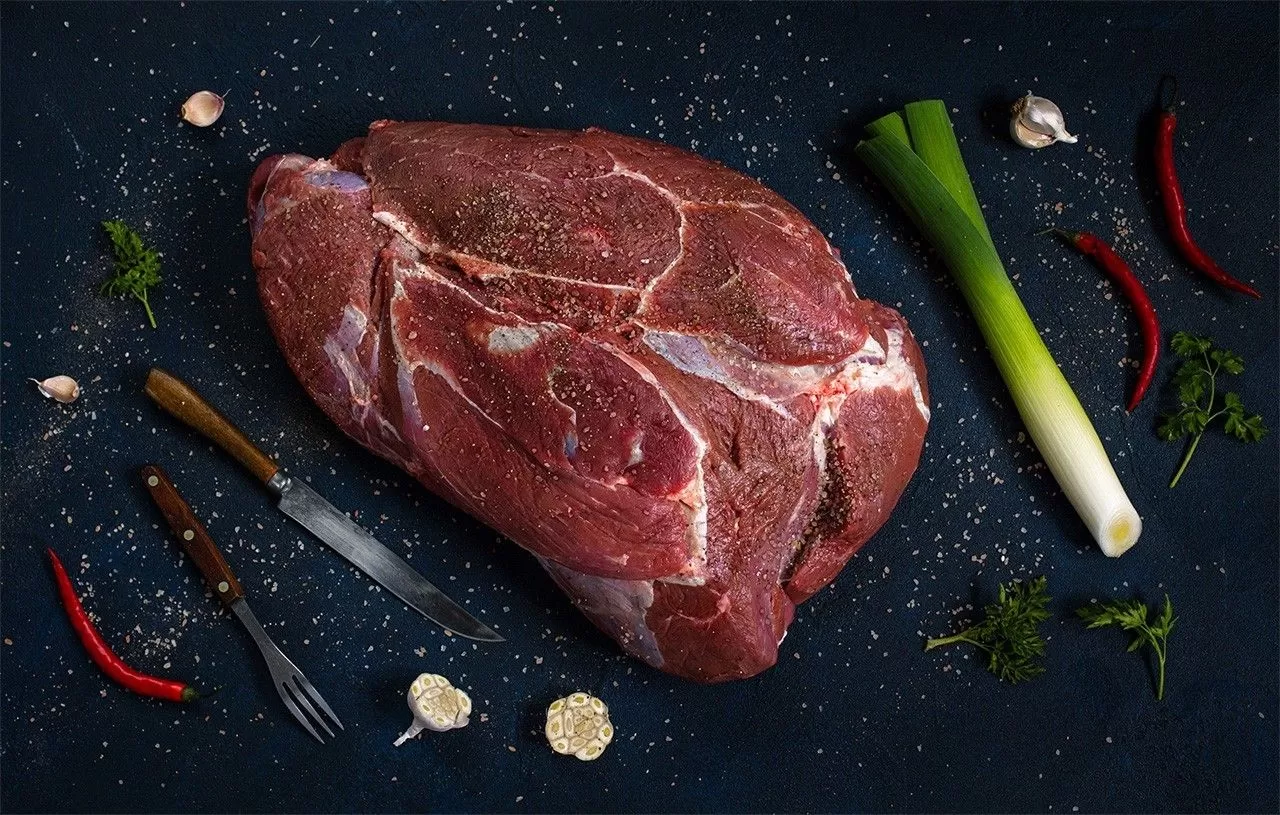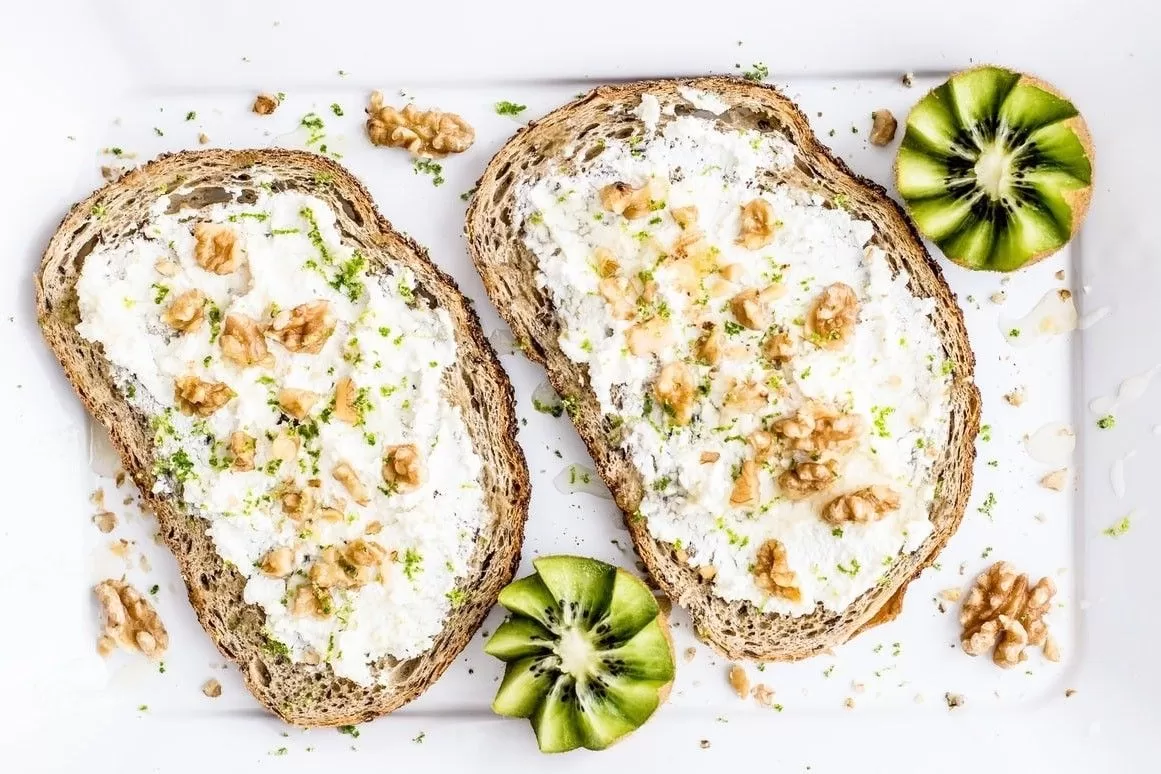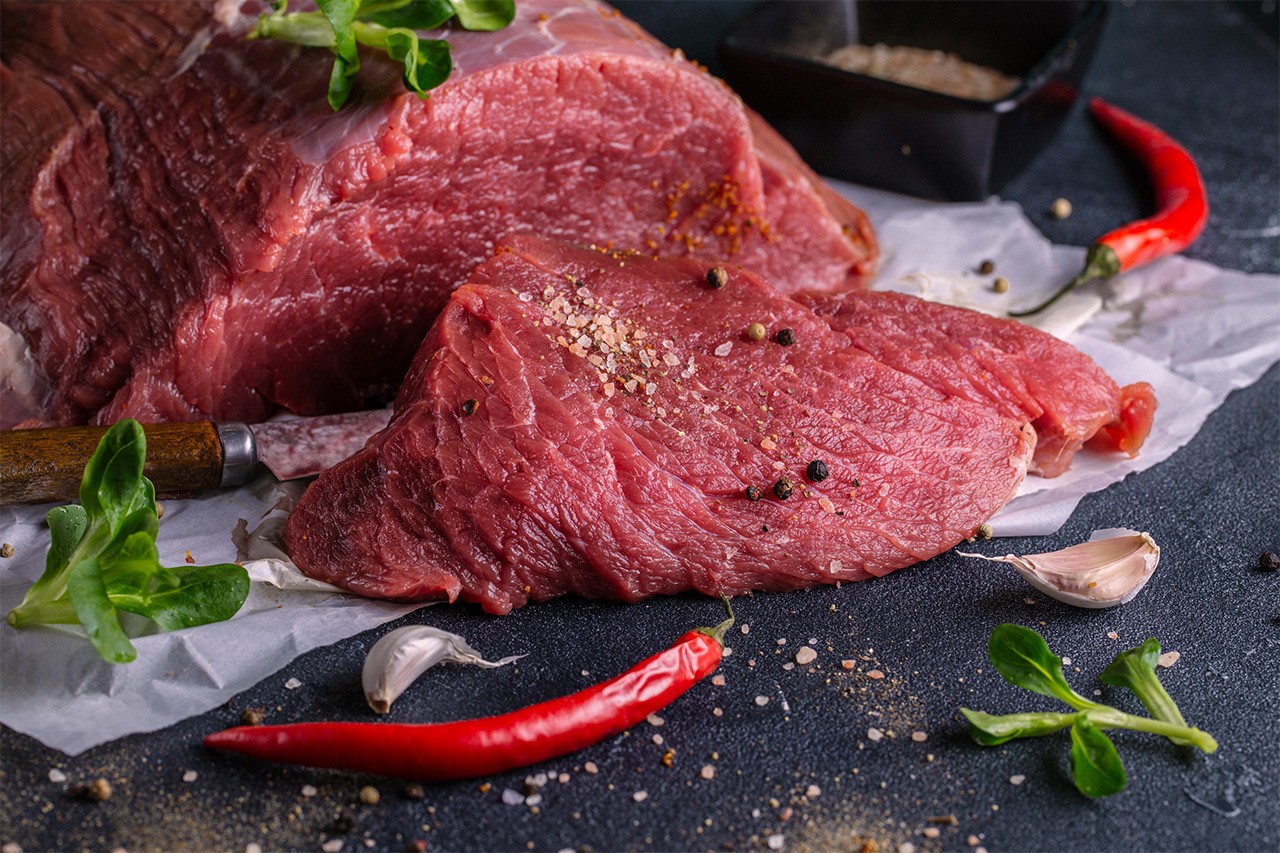
Every year, nearly 48 million people worldwide suffer from food poisoning in a restaurant or at home. It is not known for sure how many of them account for home poisoning, but researchers say the figure ranges from 12 to 80%.
Whatever the statistics, we need to learn how to store food properly at home so that food is safe for us. Especially those that can deteriorate quickly with the onset of summer and high temperatures.
Spoilage
Two types of bacteria can grow on foods: pathogenic bacteria and food-spoiling bacteria.
Pathogens are particularly dangerous because they cause food diseases. They develop rapidly in products that are not cooled. It is usually impossible to detect them by appearance, taste, or smell.
But bacteria that spoil food change the taste, the type, and the smell of food. Therefore, they are easily identifiable and are far less likely to be infected than previous bacteria.
To prevent the development of these organisms, it is necessary to buy quality products, not those that are already approaching the consumption date, and to keep them properly after the purchase.
Raw meat storage
- Freezing
Any meat can be stored in a freezer. This is the way you need it, especially in the warm season when products are spoiled faster than usual.
Product freezing inactivates microbes, bacteria, yeast, and mold, and slows enzyme activity (this is what spoils the food).
The meat can be frozen both in vacuum packaging and in regular bags. In any case, the meat in the freezer is safe for consumption. Although it’s not the way to freeze it that matters, it’s the way to unfreeze it. If you leave a piece of steak outside of the fridge for more than an hour at a temperature above 32 °C, it can lead to poisoning.
- Refrigerating
Natural meat without impurities is stored in the refrigerator for up to 5 days provided that the temperature is from 0 °C to + 4 °C. Do not try to store the meat longer than a few days, because it is a product that has a high risk of poisoning. It is better to buy a small amount of meat and cook it at once. This way it not only preserves all its flavour properties but is also absolutely safe for you.
- Vacuum storage
A vacuum makes it possible to slow the spoilage process, so this is a very useful way to keep the meat fresh for at least one week longer. In this package, the meat can be stored both in the fridge and in the freezer. By the way, air-tight freezer packs allow the meat to better hold moisture.
- Storage of alternative means
Smoking, pasting, preservation, pickling, and sublimation are all methods of storage. These methods prolong the life of the meat and allow it to remain safe for consumption for a longer period.
Storage of other products next to fresh meat
Often food poisoning is not caused by the meat itself, but by products lying nearby. Because if a piece of pork or beef was unpacked, then bacteria could easily have settled on a neighboring product. This is especially the case if the blood from the meat dries downward into a vessel with fresh vegetables or sour fruits. So it’s very important to keep the meat on the bottom shelf of the refrigerator. To be 100% sure that no blood drops on the food, you can put a piece of meat on a deep plate and wrap it in a food film.
Storage of finished meat
A prepared meat dish may be in the fridge for at least seven days because it is not raw meat and bacteria do not develop. However, this is not the case. Steaks, steaks, stew, or beef and pork cutlets can be safely stored in the refrigerator for up to 4-5 days. But a chicken or a turkey should be kept for 3-4 days.
Also, remember not to keep fresh or cooked meat for more than 2 hours without cooling. You risk food poisoning in your own home.
To always be sure of the quality of meat, we advise you to buy it in the inspected shops, where the rules of storing the products are observed and can prove it to your buyer.

